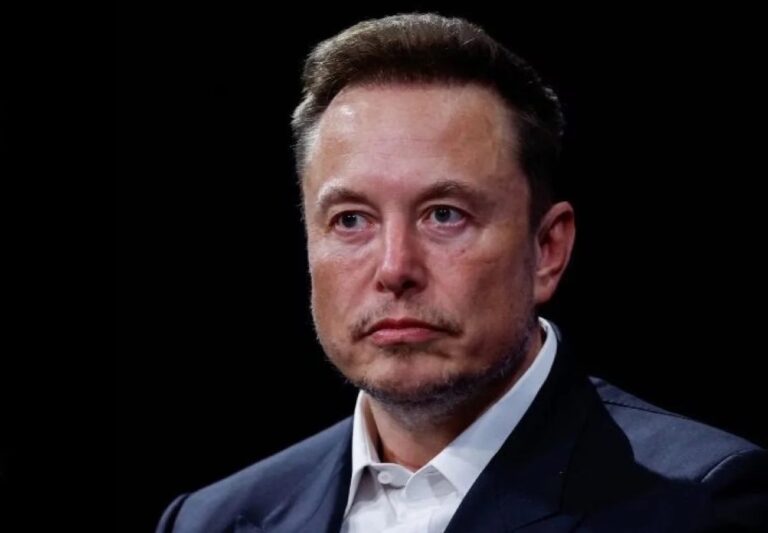
The federal government has announced plans to reduce corporate income taxes from 30 per cent to 25 per cent in a drive to lessen the burden of taxation on corporate organisations.
The government also disclosed that it has commenced the process to raise the personal income tax of high income individuals – earning up to N100 million monthly – to 25 per cent, with those earning from N1. 5 million to now pay 19 per cent as income tax while those earning below N1 million monthly would be exempted from the personal income tax regime.
Chairman of the Presidential Committee on Fiscal Policy and Tax Reforms, Taiwo Oyedele, announced these on Monday at the 30th Nigerian Economic Summit in Abuja with the theme “Collaborative Action for Growth Competiveness and Stability.”
Oyedele said the executive arm of government has commenced the process with an Executive Bill to the National Assembly for passage into law. If passed into law, the new tax reforms are expected to take effect from January 2025.
“We just need to figure out who is bearing the burden, it might be shareholders, might be employees, might be the ordinary man on the street.
“So we have been very intentional in reducing the tax burden of businesses. One of it is, today whatever VAT you pay on assets, whether you are building a factory or buying a laptop, on buying vehicles, you bear IT. As a business, of course, it increases your cost and therefore your pricing will go up. Once our reforms are implemented, you get the credit back 100% on services and on assets.
“Your corporate income tax rate will come down from 30% to 25%, that’s also huge.
“So and then we also have personal income plans as what we model is that, many people in this room do not like this one, because there are rich people in the room, If you earn 1.5 million naira in a month or less, your personal income tax bill will go down, of course, at lower end, completely exempted. But if you earn more than that amount, you see it going up incrementally, up to 25%.
“Today, if you earn N100 million a month, effective personal income tax rate. We’re taking that up to 25% for the rich people, but that’s because we need to balance the book,” Oyedele stated.
In reforming the tax process, the government classified all taxes on businesses, including direct taxes on businesses as indirect taxes.
The chairman of the tax committee said government was going ahead to significantly reduce or remove taxes on food, other household items, health, education, accommodation and transportation that costs Nigerians about 82 per cent of their total expenses.
He said the government was not going to make Nigerians pay more taxes, increase the rate and not introducing new ones.
Oyedele described the Nigerian tax system as progressing but didn’t assure if taxpayers would be given the demanded incentives.
“We actually think that the biggest low hanging fruit is removing its incentives. The good thing about it is, it would not cost government its money but it would be a huge relief for the business sector and that’s exactly what we are doing,” he added.


